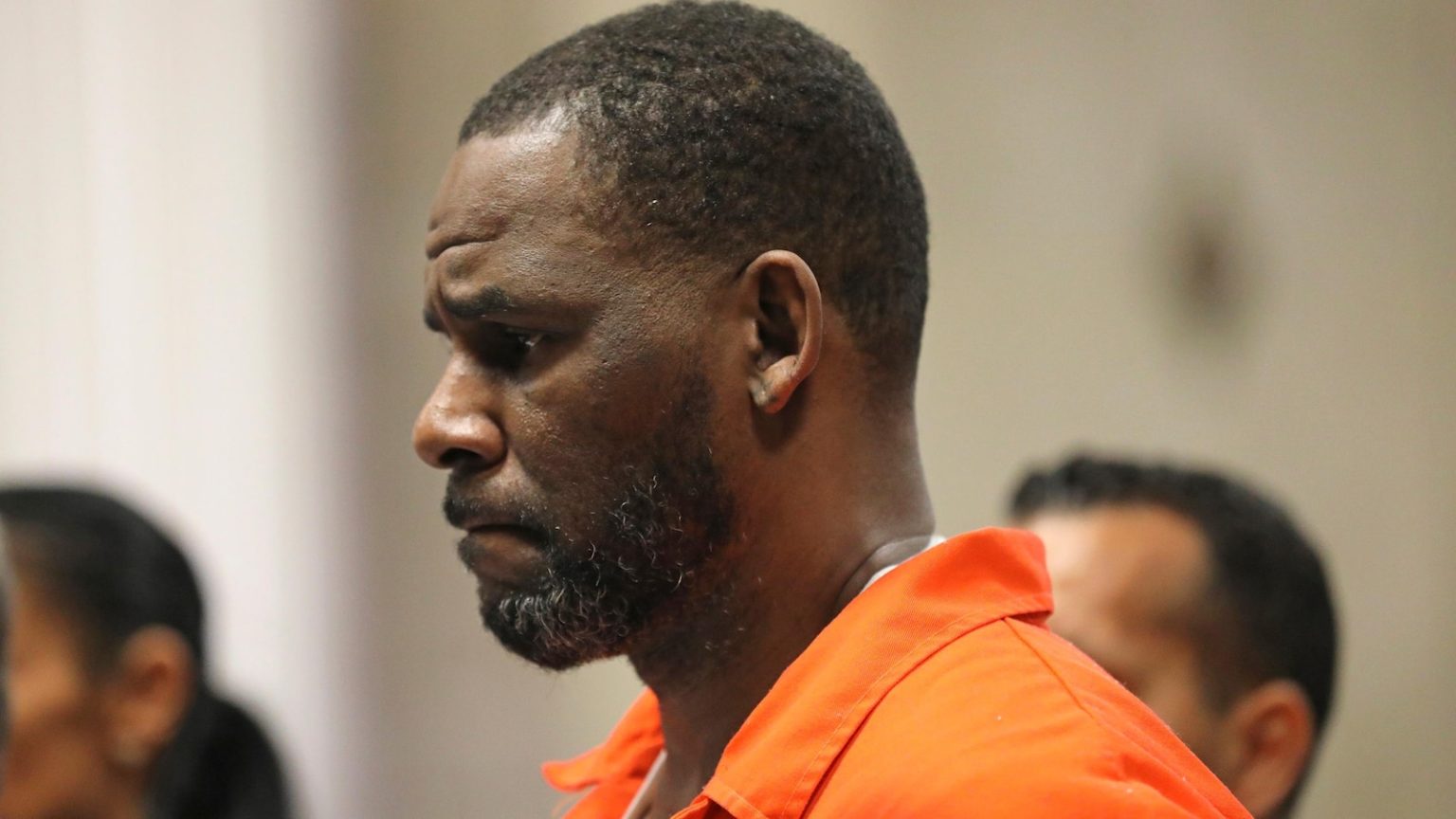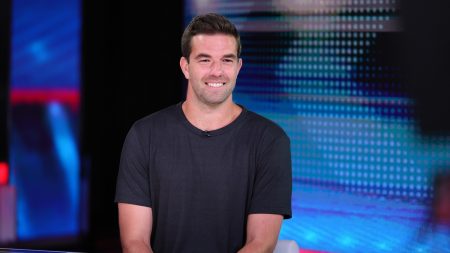R. Kelly’s Convictions Upheld: A Legacy of Abuse and Exploitation
R. Kelly, the Grammy-winning R&B singer, saw his racketeering and sex trafficking convictions upheld by the 2nd U.S. Circuit Court of Appeals in Manhattan on Wednesday. The court confirmed that Kelly’s 30-year prison sentence stands, as it ruled that the singer had exploited his fame for over 25 years to sexually abuse underage girls and young women. The decision came after the court heard arguments in March and reviewed the evidence presented during Kelly’s 2021 trial in Brooklyn federal court, where he was convicted of multiple charges, including racketeering and sex trafficking. The ruling underscores the Hawkins’ court’s belief that Kelly systematically used his power and influence to lure and control his victims, often with the help of his entourage.
A History of Abuse and Manipulation
The appeals court detailed the extent of Kelly’s abuse, describing how he would isolate his victims from their friends and family, control nearly every aspect of their lives, and subject them to verbal, physical, and sexual abuse. The court also noted that Kelly’s staff and associates played a significant role in facilitating his crimes, helping him meet underage girls and maintain control over them. The evidence presented at trial revealed a disturbing pattern of behavior that spanned decades, with Kelly using his fame and wealth to manipulate and exploit vulnerable individuals. The court rejected Kelly’s arguments that the trial evidence was inadequate or that the charges against him were improperly applied, stating that the evidence was sufficient to support the convictions.
Legal Challenges and Controversies
Kelly’s legal team, led by attorney Jennifer Bonjean, has vowed to appeal the decision to the Supreme Court. Bonjean criticized the ruling as “unprecedented,” arguing that it gives prosecutors too much discretion to apply racketeering laws in cases that are far removed from the original intent of the statute. She also highlighted a partial dissent from Judge Richard J. Sullivan, who agreed with the majority’s decision but raised concerns about a restitution award granted to one of Kelly’s victims. The award, which was based on the cost of a brand-name medication to treat herpes, was criticized as unfair and potentially motivated by a desire to enrich government witnesses.
The Role of Evidence in the Trial
The appeals court also addressed several other issues raised by Kelly’s defense team, including the admissibility of certain evidence and the potential bias of jurors. The court ruled that it was neither arbitrary nor irrational to allow several accusers to testify that Kelly had given them herpes without disclosing his STD. It also found that the testimony of seven witnesses who were not yet adults when Kelly began abusing them was not unduly prejudicial or cumulative. The court concluded that none of the testimony was more inflammatory than the charged acts themselves, and therefore, it was properly admitted at trial. Additionally, the court upheld the trial judge’s decision to allow jurors to view graphic videos, stating that the videos were relevant to showing the scope and nature of Kelly’s crimes.
Kelly’s Fall from Grace
Kelly, born Robert Sylvester Kelly, was once one of the most successful R&B artists of his generation, known for hits like “I Believe I Can Fly” and the multi-part saga “Trapped in the Closet.” However, his career has been marred by allegations of sexual misconduct, dating back to the 1990s. Despite these allegations, Kelly managed to maintain a loyal fanbase and remained a prominent figure in the music industry until the #MeToo movement brought renewed attention to his behavior. The release of the documentary “Surviving R. Kelly” in 2019 played a crucial role in amplifying the voices of his accusers and sparking widespread outrage over his actions.
The Broader Implications of the Case
The court’s decision to uphold Kelly’s convictions sends a powerful message about accountability for sexual abuse and exploitation. While Kelly’s legal team continues to fight the ruling, the appeals court’s decision reinforces the seriousness of the charges against him and the strength of the evidence supporting his convictions. The case also highlights the challenges faced by victims of sexual abuse, particularly when their abusers are powerful and influential figures. As the legal process continues, the outcome of Kelly’s appeal to the Supreme Court remains uncertain, but the appellate court’s ruling makes it clear that Kelly’s actions have had a profound and lasting impact on his victims, and the justice system has taken a firm stance in holding him accountable.
In conclusion, R. Kelly’s case serves as a reminder of the devastating consequences of unchecked power and the importance of holding perpetrators of sexual abuse accountable, no matter how prominent they may be. The appeals court’s decision to uphold his convictions is a step toward justice for his victims and a message to others who would seek to exploit and harm vulnerable individuals.















